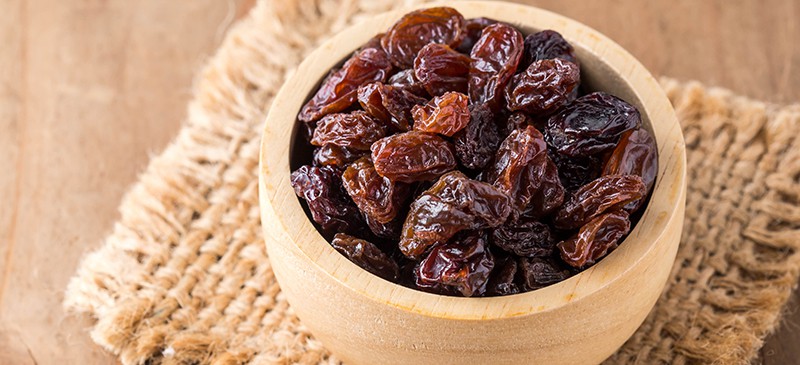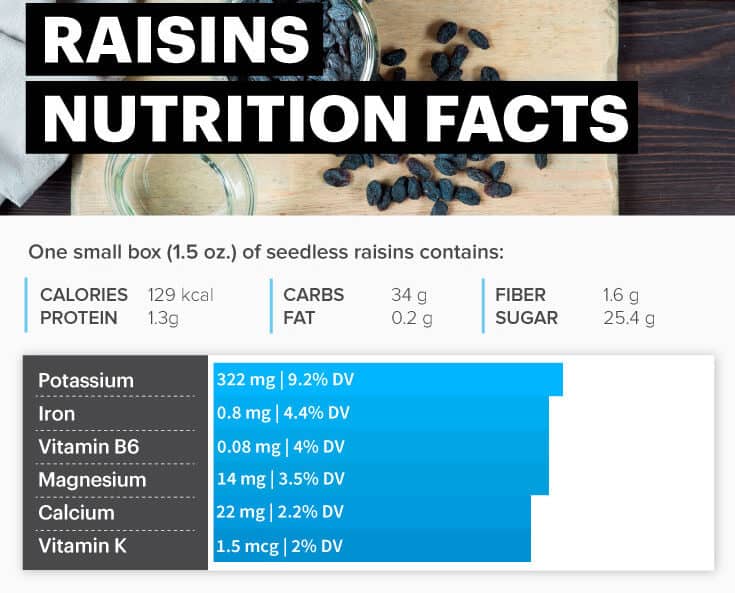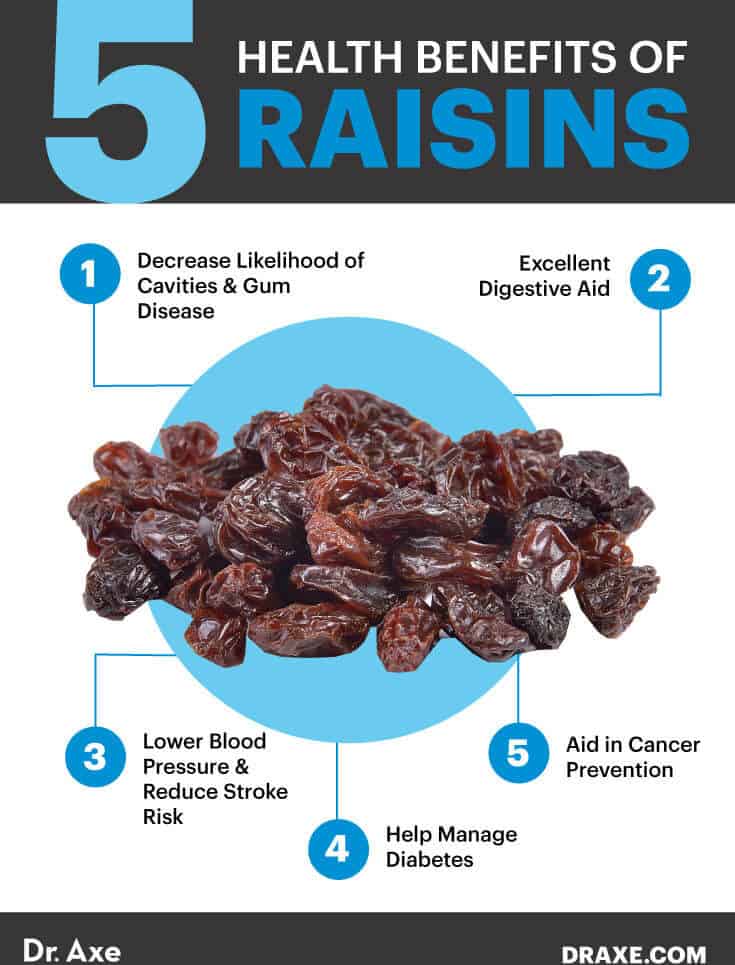This Dr. Axe content is medically reviewed or fact checked to ensure factually accurate information.
With strict editorial sourcing guidelines, we only link to academic research institutions, reputable media sites and, when research is available, medically peer-reviewed studies. Note that the numbers in parentheses (1, 2, etc.) are clickable links to these studies.
The information in our articles is NOT intended to replace a one-on-one relationship with a qualified health care professional and is not intended as medical advice.
This article is based on scientific evidence, written by experts and fact checked by our trained editorial staff. Note that the numbers in parentheses (1, 2, etc.) are clickable links to medically peer-reviewed studies.
Our team includes licensed nutritionists and dietitians, certified health education specialists, as well as certified strength and conditioning specialists, personal trainers and corrective exercise specialists. Our team aims to be not only thorough with its research, but also objective and unbiased.
The information in our articles is NOT intended to replace a one-on-one relationship with a qualified health care professional and is not intended as medical advice.
Are Raisins Good for You? 5 Surprising Benefits
October 1, 2019

From the childhood classic of “ants on a log” to granola to carrot cake, the raisin has been in most of our lives since our earliest years. So, are raisins good for you? Well, not only are they popular with all age groups and extremely versatile in the kitchen, but raisins nutrition includes being concentrated sources of energy, electrolytes, vitamins and minerals.
What are raisins good for? Benefits of raisins nutrition include lowered blood pressure and improved heart health. Studies have shown that daily consumption may significantly lower blood pressure, especially when compared to eating other common snacks, making them one of the better natural remedies for high blood pressure.
A raisin also has a considerable concentration of phenolic compounds, which play a role in cancer prevention and treatment.
The small but mighty raisin is so quick and easy to consume, it’s really hard to find an excuse not to include them in your diet on a regular basis! What else can raisins nutrition offer in way of benefits? Read on.
What Are Raisins?
Today, most raisins are produced from Thompson seedless grapes. How are raisins made? Grapes are laid on brown craft paper trays between the vineyard rows and allowed to dry in the sun when harvested. This is the natural sun-drying process that turns a grape into a raisin.
The oxidation and caramelization of the sugars during this process result in a raisin’s natural dark brown to black exterior. Raisins are traditionally sun-dried, but they may also be water-dipped and artificially dehydrated. In general, the drying process preserves and concentrates the antioxidants of a raisin.
In addition to the darkly colored dried fruit you’re likely familiar with, there’s also the golden raisin and sultanas. Golden raisins have been shown to have the highest antioxidant capacity and phenolic content.
Sultanas are another type of raisin, more popular in Europe, that come from small, pale golden-green grapes originating in Turkey. If you’re comparing raisins vs sultanas, sultanas are smaller and sweeter.
There’s also the muscat raisin, which is larger compared to other varieties. They’re also sweeter. What about currants? Currants are dried, black seedless grapes. They’re smaller, darker and tangier than your typical raisin.
Nutrition
Raisins are dried grapes, which are the fruits of the Vitis vinifera plant. The three main varieties commercially sold are: sun-dried (natural), artificially dried (water-dipped) and sulfur dioxide-treated raisins.
Unlike other dried fruits that commonly have sweeteners added in the drying process, raisins are packaged without any added sugar. A raisin naturally provides a perfect amount of sweetness for the tastebuds.
Are raisins healthy? The one-word answer is definitely: yes! Natural energy isn’t the only plus when it comes to consuming raisins. They’re also loaded with fiber, potassium, iron and other essential nutrients, but free of saturated fat and cholesterol. They’re also gluten-free, just in case you were wondering.
One small box (1.5 ounces) of seedless raisins nutrition contains:
- 129 calories
- 34 grams carbohydrates
- 1.3 grams protein
- 0.2 gram fat
- 1.6 grams fiber
- 25.4 grams sugar
- 322 milligrams potassium (9.2 percent DV)
- 0.8 milligrams of iron (4.4 percent DV)
- 0.08 vitamin B6 (4 percent DV)
- 14 milligrams magnesium (3.5 percent DV)
- 22 milligrams of calcium (2.2 percent DV)
- 1.5 micrograms vitamin K (2 percent DV)

Health Benefits
Aside from being a popular snack food based on taste alone, raisins nutrition includes polyphenols, antioxidants, flavonoids and nutrients that can benefit overall health. Here are some of the top health benefits of raisins:
1. Decrease Likelihood of Cavities and Gum Disease
Contrary to what you might expect from a sweet and sticky dried fruit, a raisin can actually improve oral health. In fact, it even makes the list of ways to naturally reverse cavities and heal tooth decay.
Research published in the Phytochemistry Letters revealed that raisins can benefit oral health because the fruit possesses antimicrobial phytochemicals that suppress the growth oral bacteria associated with dental cavities and gum disease.
One of the five phytochemicals the study identified in raisins nutrition is oleanolic acid. In the study, oleanolic acid inhibited the growth of two species of oral bacteria: Streptococcus mutans, which causes cavities, and Porphyromonas gingivalis, which causes periodontal disease — aka gum disease.
So even though a raisin satisfies your sweet tooth, it actually can help to keep that tooth free from cavities!
2. Excellent Digestive Aid
As a high-fiber food, raisins are an excellent digestive aid. Anything that aids your digestion is going to make you less likely to have common bathroom issues like constipation or diarrhea.
A raisin contains both soluble and insoluble fiber, which both help keep things moving through the intestinal tract in a healthy way by reducing constipation but discouraging loose stools as well.
Dried fruits might have more calories than fresh, but they also have a higher amount of fiber. So while the calories in raisins per serving are higher than grapes, one cup of grapes has one gram of fiber while one cup of raisins has seven grams of fiber.
By adding raisins to your snacks and meals, you instantly up the fiber content of your culinary creations quickly and easily.
3. Lower Blood Pressure and Reduce Stroke Risk
Data presented at the American College of Cardiology’s 61st Annual Scientific Session in 2012 suggests that individuals with mild increases in blood pressure can benefit from the routine consumption of raisins (three times a day).
The researchers found that this daily consumption may significantly lower blood pressure, especially when compared to eating other common snacks.
In addition, raisins nutrition is rich in the heart-healthy electrolyte potassium, helping prevent low potassium — a common issue in the standard American diet.
Potassium is a key mineral for the proper function of all cells, tissues and organs in the human body. People who get a lot of potassium in their diets have a lower risk of stroke, especially ischemic stroke.
4. Help Manage Diabetes
A randomized study in 2015 evaluated the impact of routine consumption of dark raisins versus alternative processed snacks on glucose levels and other cardiovascular risk factors among patients with type II diabetes.
In this study, compared to alternative processed snacks, those who consumed raisins had a 23 percent reduction in glucose levels after a meal. Those who consumed raisins also had a 19 percent reduction in fasting glucose and a significant reduction in systolic blood pressure. Overall, research supports raisins as a healthy snack choice for patients with type II diabetes.
The fiber content of a raisin also helps your body to process the raisin’s natural sugars, which helps prevent insulin spikes.
5. Aid in Preventing Cancer
Studies show fruits that are dried, especially dates, prunes and raisins, contain high phenolic components that have stronger antioxidant powers than those in some fresh fruits. Antioxidants are extremely important to our health because they prevent free radicals (highly reactive chemicals that have the potential to harm cells) from causing cellular damage inside our bodies.
Free radicals are one of the primary, underlying factors that lead to the spontaneous growth of cancer cells as well as the spread of cancer, which is why high-antioxidant foods like raisins are a great anti-cancer food.
According to a scientific review published in 2019, a “higher intake of raisins and other dried fruits may be important in the prevention of cancers of the digestive system.”
By including raisins in your diet, not only can you can increase your antioxidant levels, but you may also help to decrease cellular damage and ward off cancer.

Interesting Facts
Raisin grapes were first grown in Egypt and Persia as early as 2000 B.C. Dried grapes or raisins are mentioned in the Bible a number of times, including when David (Israel’s future king) was presented with “a hundred clusters of raisins” (1 Samuel 25:18), which was probably sometime during the period 1110–1070 B.C.
In ancient Roman and Greek times, worship venues were often decorated with raisins and they were even presented as prizes during sporting competitions.
Until the 20th century, Greece, Iran and Turkey were the main producers of raisins. By the middle of the 20th century, the U.S. became the leader in raisin production with Australia as the second largest producer. Today, you may be familiar with “California raisins,” which isn’t surprising since the raisin industry in the U.S. is located solely in California, where the first raisin grape crops were planted in 1851.
While Thompson seedless grapes dominate raisin production, they’re also widely used for fresh consumption, making juice concentrate and producing wine.
How to Use
Raisins are always sold ready to eat. They can be eaten alone as a snack or can be added to so many dishes.
Raisins make a great, healthy addition to:
- oatmeal
- granola and other cereals
- trail mixes
- yogurt
- salads
- rice dishes
- puddings
- homemade muffins, breads and other baked goods
When added to baked goods like cookies or cakes, the raisins help retain moisture in the final products. You can also add them to fresh fruit or vegetable salads as well as pasta and grain salads.
A traditional raisin and a golden raisin can be used in the same way. Since a currant is smaller, it can be used similarly, but currants don’t retain moisture as well.
Store raisins in a cool, dry and dark place. After opening, keep packages of raisins tightly closed with a plastic tie or rubber band. They can also be put into a sealable plastic storage bag.
Storing dried fruit in the refrigerator prolongs freshness for up to one year. Avoid putting raisins in a kitchen cupboard that may be warm (near the stove) because high temperatures can cause raisins to lose their moisture more quickly.
Recipes
Raisins probably deserve a medal for being the dried fruit that’s easiest to incorporate into your diet. They’re easy and tasty to eat alone, but they’re also just as easy and tasty to throw into such a large range of recipes from zesty vegetable side dishes to healthy desserts.
At a loss for new ways to use this dried fruit? Here are a few delicious ideas to get you started:
Wondering how to make raisins yourself? There are a few ways to make them (using the sun, oven or a dehydrator).
Risks and Side Effects
The natural sugar in a raisin is easy to digest and can provide a great energy boost, but make sure not to exceed one serving size per day so you don’t overdo it on your daily sugar intake, especially if you’re a diabetic or struggle with blood sugar issues.
How high in sugar are raisins? Well, around 10 raisins equals about 3 grams, to give you a reference point.
Are there any possible disadvantages of eating raisins? As with other dried fruit, if you’re watching your weight then you definitely don’t want to go overboard on raisin consumption because they’re high in carbs and calories. Stick with reasonable serving sizes.
A raisin treated with sulfur dioxide (like the golden variety) may aggravate asthma and other allergic reactions in people with sulfur sensitivities. Read labels carefully to avoid it. Naturally sun-dried are your best bet if you’re concerned.
If you own a dog, make sure you pick up that stray raisin off of the floor. It’s unclear why, but raisin consumption can cause kidney failure in dogs. That’s why they are commonly on lists of people foods to avoid feeding your pets.
Final Thoughts
- What are raisins? Most are dried Thompson seedless grapes.
- Raisins are traditionally dried in the sun, but they may also be water-dipped and artificially dehydrated.
- The three main types commercially sold are: sun-dried (natural), artificially dried (water-dipped) and sulfur dioxide-treated raisins.
- Raisins nutrition facts are impressive, including significant levels of fiber, potassium, iron and other essential nutrients, yet they’re free of saturated fat and cholesterol. They’re also gluten-free.
- Raisins nutrition contains polyphenols, antioxidants, flavonoids and nutrients that can benefit overall health.
- Raisins nutrition benefits decrease the likelihood of cavities and gum disease, aid digestion, lower blood pressure and reduce the risk of stroke, help manage diabetes, and aid in preventing cancer.
- They make a great snack in their own right but can also be added to numerous recipes.










